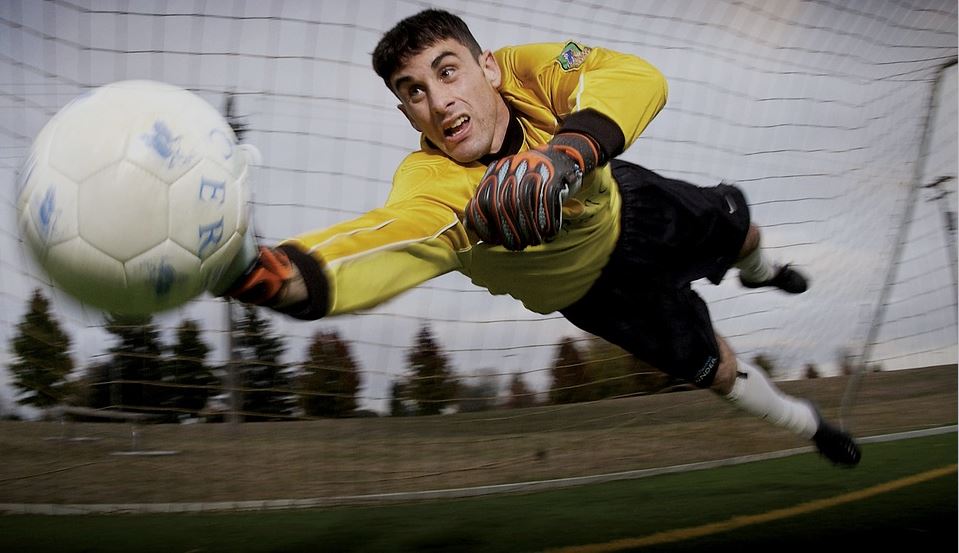
It’s almost impossible to be an avid sports player and avoid injuries. Dental injuries are particularly common in the world of sports. 13 -39% of dental injuries are sports-related, so it’s important that athletes know what to do should they find themselves in a situation where they’ve sustained a tooth or jaw injury. Read on to learn how to handle four of the most common dental injuries for athletes.
Cracked Tooth
Cracked teeth are a common issue for sports players. In sports like hockey, lacrosse, football, and similar high contact games, many players experience cracked teeth. While it may not hurt initially, it’s easy to feel any sharp areas due to the cracking. The most common treatment for cracked teeth is a dental crown. By visiting a dentist, the tooth can be evaluated on its likelihood of surviving the trauma, treated to prevent nerve cutoff from swelling, and capped with a crown to help preserve the structure and appearance of the tooth.
Broken Tooth
Whether it’s due to a hit to the face from an errant ball or a nasty fall during a game, broken teeth are par for the course when it comes to playing sports. However, broken teeth can be particularly painful. After sustaining a broken tooth, it’s important to visit a dentist to determine the extent of the breakage. If the nerve is damaged, an individual will need a root canal. While many broken teeth can be saved, some may need to be replaced. The sooner the tooth is treated, however, the better its chances are of surviving.
Lost Tooth
Losing a tooth is another problem common with athletes. Experiencing an “avulsed” or knocked out tooth is a serious dental emergency. By taking immediate action, an individual can have their tooth reattached. After this type of injury, it’s important to seek medical attention immediately for the best chance of re-implanting the tooth. While many suggest putting the tooth in milk to preserve it, any fatty liquid will work just as well. Coconut milk, for example, can work just as well as cow’s milk in keeping the tooth alive.
Jaw Injuries
Just as tooth injuries are common for athletes, jaw injuries happen frequently as well. A broken jaw occurs when one’s jawbone isn’t covered by a helmet or similar protective device. Broken jaws are incredibly painful and can have serious symptoms like oral bleeding, deformities, swelling, pain, and discoloration. Thankfully, broken jaws can be treated. If it is suspected that an athlete has a broken jaw, they should contact emergency services immediately. At this point, medical professionals will determine the extent of the injury and decide on a treatment. While some jaw injuries can heal on their own, others require immediate surgery. Because your teeth are connected to your jaw, it is important that the broken jaw be treated to prevent tooth loss as the nerves may be cut-off by swelling.
Dental injuries can cause serious damage if left untreated. Keep the above information in mind and make sure to treat any sports-related injuries as soon as possible. Even bruising in the mouth can lead to the death of a tooth if the swelling is not treated, so even minor injuries should be addressed as quickly as possible.

